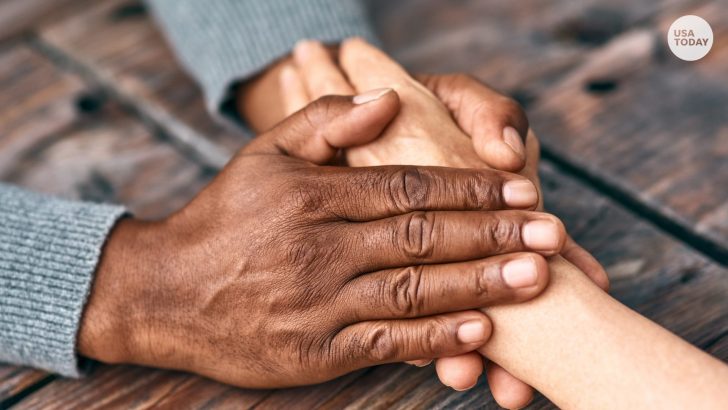It is often said that the bias against ‘mixed marriages’ – between partners of different religions – was cruel, and that the Ne Temere decree of 1908 was destructive of community and familial relationships.
Yet it would be illusionary to pretend that no conflicts arise when a couple have different religious backgrounds or convictions, and such a difference emerged quite starkly in a letter to the therapist Allison Keating in the Irish Independent this week.
A woman wrote to say that she wonders if she could have her children baptised in secret, as her husband goes “into a rage” if religion is ever mentioned.
When they first married, she agreed they would not have their children baptised, and she didn’t attend Mass. But now she has changed her mind, and would like to return to faith practice.
Peaceful
Moreover, the children “get great comfort in God” but are never able to mention this at home. Should she baptise the kids secretly or do nothing so as to keep the household peaceful?
The therapist advises “do not put your marriage through a baptism of fire”, but counsels exploring why the husband is so enraged about matters of faith.
Ask what triggers his anger in this sphere. Try to open up a “safe space” for a conversation about this subject.
All quite emollient advice, from which few reasonable people would dissent, although it wouldn’t be the counsel I’d offer, personally. I’d suggest: “Don’t be a doormat: you’re entitled to change your mind and to defend your beliefs.”
It would be illusionary to pretend that no conflicts arise when a couple have different religious backgrounds or convictions”
Don’t baptise the children in secret, but if the children themselves want to be part of their faith community, defend their right to do so.
Also – if the guy loves his wife, surely he would be more sensitive to her feelings?
I know a couple where this situation occurred, in reverse. The wife didn’t want the children baptised. The husband did. She saw it was meaningful to him, so she didn’t stand in his way. It worked out harmoniously.
***
Remembering Ciarán McKeown
I knew the late Ciarán McKeown slightly when we both worked as journalists at the Irish Press back in the early 1970s. I was surprised – perhaps naively – at how openly opposed he was to Provisional Sinn Fein-IRA.
Most Belfast Catholics I knew in Dublin at that time, and particularly those associated with De Valera’s Irish Press, were strong Republicans who had some sympathy for the Provos, as defenders of the Nationalist and Catholic population who had indeed been attacked. But Ciaran, in a very quiet, almost hippyish way, made known his opposition to any violence.
Subsequently, I wasn’t surprised when he went on to found the Peace People movement with Mairead Corrigan and Betty Williams. Ciaran was always in the background, and never shared in the Nobel Prize awarded to Mairead and Betty, and so far as I know, never complained. Perhaps, as a family man – he had seven children – he saw the benefit, and justice, of forefronting women in a peace movement, since women were so very active in supporting peace.
But he certainly deserves to be honoured as one of the vital influences in bringing an end to activism by bomb and bullet.
He died aged 76 on Sunday last, and instead of flowers at his funeral, at the Good Shepherd Church on Ormeau Road, he requested donations to Médecins Sans Frontieres.
Ar dheis Dé go raibh a anam.
***
If there is to be a British General Election next month, let’s hope this is a chance for the SDLP to recoup some electoral ground. Their strong selling point should be that they will sit in the House of Commons and represent the people who elect them – and bring a balancing voice from Northern Ireland, to Westminster, of citizens who oppose Brexit.


 Mary Kenny
Mary Kenny
